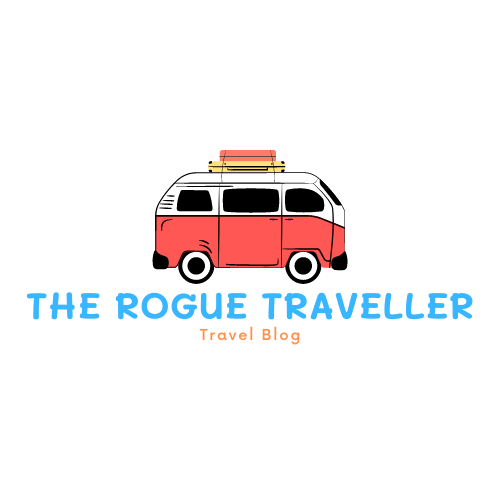The Energy & Environment Alliance (EEA) announced the launch of a global consultation led by its newly established Taskforce on Hotels & Lodging Sustainability Standards. This initiative will work to develop industry-wide agreements on sustainability standards, benchmarks and financial performance metrics, specifically tailored for the hotels and lodging sector. This work will be particularly important for determining the valuation of hospitality assets.
Responding to investors’ calls for transparent, reliable, and comparable financial sustainability disclosures in the sector, the Taskforce aims to focus on standards set by the International Accounting Standards Board (IASB), International Financial Reporting Standards (IFRS) and the International Sustainability Standards Board (ISSB), which collectively set the global benchmarks for financial and sustainability disclosures. IFRS S1 and S2 standards require organizations to disclose material information on climate and sustainability-related risks and prospects. These standards have already been mandated by several countries across the world and are interoperable with the European Union’s Corporate Sustainability Reporting Directive (CSRD), thereby underpinning investment-grade information for global capital markets.
The first meeting of the Taskforce took place yesterday, where Corey Walrod of the ISSB will make a formal address. This will be followed by the first regional roundtable, taking place at the Annual Hotel Conference on 30th September, marking the beginning of a comprehensive process designed to address the pressing need for audit-grade financial sustainability reporting in the hospitality sector.
Taskforce members include leading economists and technical experts from King’s College London, BREEAM (a global authority on technical building standards) and the Carbon Risk Real Estate Monitor (CRREM) – the global benchmark for decarbonisation pathways in real estate. Their expertise will help ensure that the Taskforce’s proposed standards and metrics are effective, and suitable for all participants in the sector.
The consultation process will be conducted in three stages:
Pre-Consultation (September 2024 – April 2025): This phase will involve global outreach to build awareness and gather initial feedback. It will include face-to-face meetings, roundtables, and other interactions to frame the consultation’s scope and identify key issues.
Consultation (May 2025 – July 2025): The main consultation will run for 90 days, during which time stakeholders can submit written feedback via an online platform. This phase will be promoted through trade press, social media, and major international conferences.
Post-Consultation (December 2025): The final phase will involve analysing submissions, formulating conclusions, and presenting the results to industry leaders and regulatory bodies. The finalised standards, metrics, and benchmarks will be licensed by the EEA and updated regularly.
Recognising the global and fragmented nature of the hospitality sector, the Taskforce will engage with a wide variety of stakeholders around the world. Regional roundtables, to gather diverse perspectives and test the effectiveness of proposed standards, will be organised at the major industry conferences in Europe, Africa, the Middle East, North and South America, and Asia Pacific; and regular briefings on its work will be shared with an extensive list of media covering the business of hospitality.
Ufi Ibrahim, CEO, EEA said: “The world has changed. Sustainability risks and prospects are increasingly influential on asset values, the cost of capital, investment decisions and how business is done. In a growing number of jurisdictions, sustainable practices are required by law. However, harmonised standards, precise metrics and reliable benchmarks have yet to be formally implemented on a global basis. It is hugely in the hospitality industry’s interest to grasp the initiative to shape them, to ensure they will be uniform, rigorous, workable, and widely supported. If we don’t do that and regulators impose them, there could be all kinds of counterproductive consequences. It is encouraging that both regulators and many industry leaders are supportive of this approach.”
The article EEA launches global consultation on hospitality sustainability standards first appeared in TravelDailyNews International.

+ There are no comments
Add yours